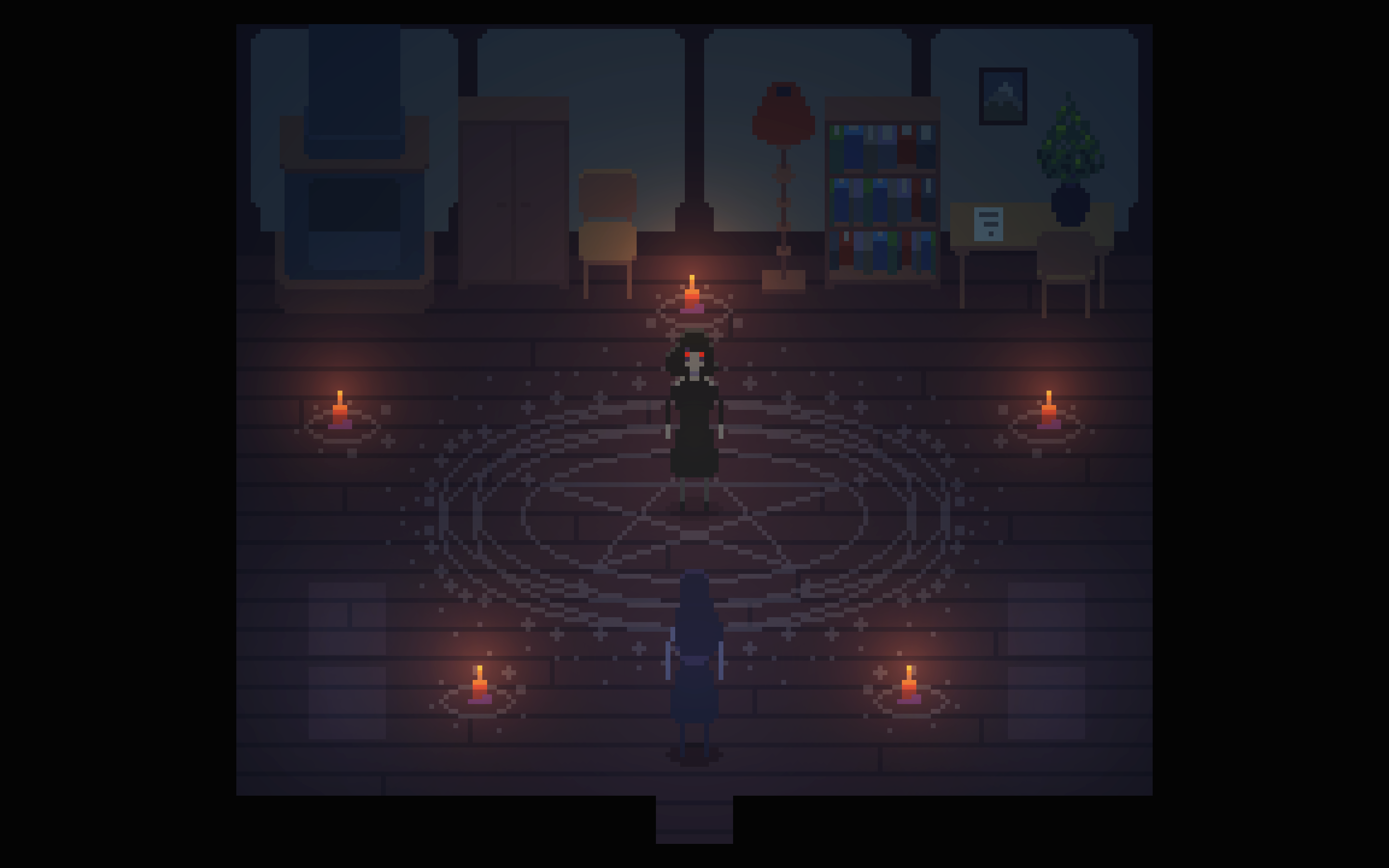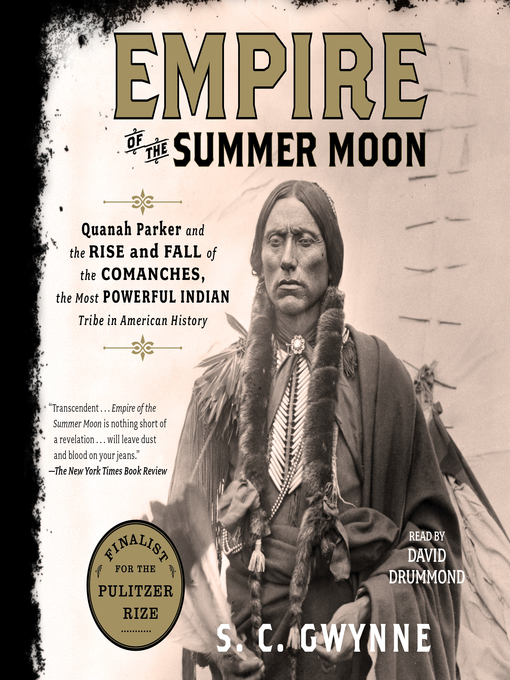
The attitudes and beliefs that Gwynne espouses about the Comanche people are almost certainly relics of the 19th century, and it became a fascinating, if at times deplorable example, of how 19th century discourse has survived into the 21st century. But as I got deeper into the book, Gwynne’s racist attitudes became even more prevalent. Even after this early warning signs, I continued to listen because popular history often has a Eurocentric bias, anyway.

But Gwynne often presented these acts of violence with little historical context, especially early on, and more troubling he continually returned to the word “savage.” While he applied the term to the violent actions of the Comanche and not necessarily to the Comanche themselves, the word has such a charged racist history that it would have been best to avoid.īut this language and the manner in which Gwynne decontextualized Comanche violence presaged a shockingly racist book. Across the centuries and over the course of many wars between whites and Native-Americans, atrocities were of course committed on both sides. There’s nothing inherently wrong about describing Native-American violence against white settlers. There was a certain leering quality to the way in which Gwynne described Comanche violence. Shortly into our drive, however, something seemed off with the audio book. I knew little about the book at the time, except that it provided a lengthy history of the Comanche tribe alone with a recounting of the raid of the Parker family homestead, an incident that would go on to influence the John Wayne and John Ford film The Searchers. Recently, on a trip back home, my wife and I picked up Empire of the Summer Moon by S.C.

Sometimes we get lucky and find something that manages to be both fun and have a certain amount of academic rigor, like Adrian Tinniswood’s Pirates of Barbary or Drew Gilpin Faust’s crossover hit This Republic of Suffering.

Ideally, I will find a work of popular history that dovetails with my academic interest in 19th century American literature and history. Usually we grab something in the non-fiction category, since you can zone out for a few minutes and still understand what’s going on, but in fiction you need absolute concentration. On long car rides from our current east coast residence back to our beautiful hometown just outside of Cleveland, Ohio, my wife and I like to pick up an audio book for the drive.


 0 kommentar(er)
0 kommentar(er)
